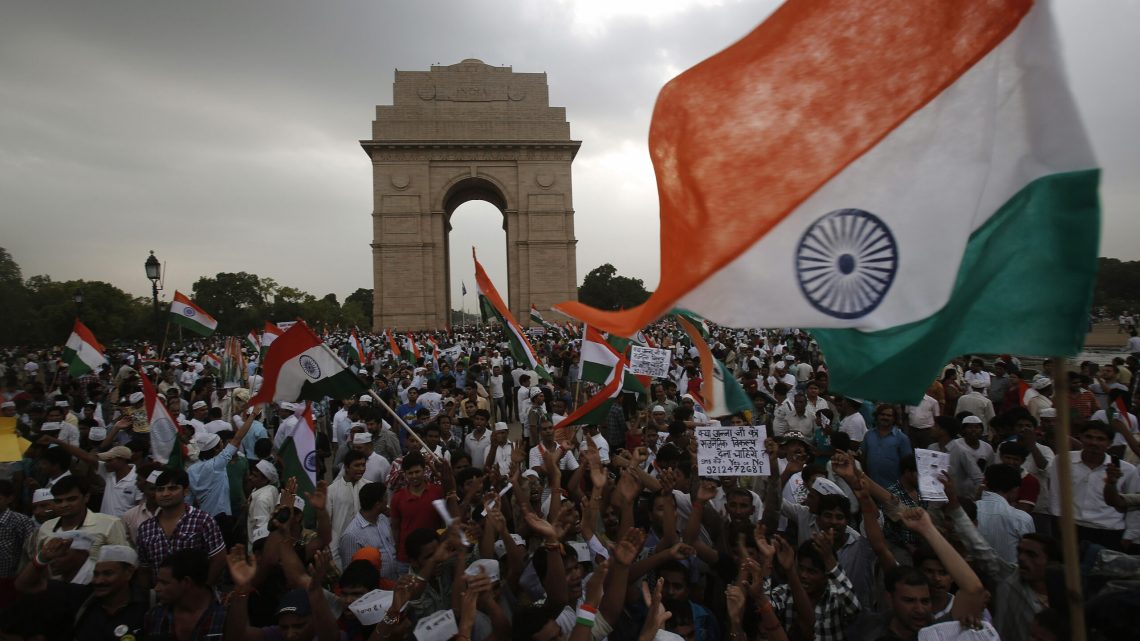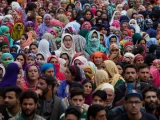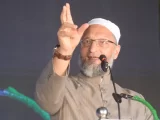
India as a ‘Flawed Democracy’ or ‘Self-declared Guardian’ after Int’l Ranking
March 21, 2024In a bid to counter recent downgrades in international rankings that have deepened India’s democratic credentials and, consequently, its sovereign rating, Prime Minister Modi’s government has turned to a domestic solution. The government has engaged the Observer Research Foundation (ORF), a prominent Indian think tank, to develop a homegrown democracy ratings index. This move is seen as an attempt to align with New Delhi’s narrative and challenge the Western-based rankings that Modi’s team has criticized.
The initiative, discussed among top officials and agencies, signals a growing urgency within the Indian administration to address setbacks to the country’s democracy image. International indices, such as those by the US-based Freedom House and the V-Dem Institute in Sweden, have downgraded India’s status, citing concerns over actions such as the Citizenship Amendment Act (CAA), the National Register of Citizens (NRC), and the revocation of special status in Indian-administered Kashmir.
Furthermore, concerns were raised regarding the methodologies and biases of these global agencies. Sanjeev Sanyal, a prominent figure in India’s economic landscape, highlighted flaws in these methodologies, including inadequate sample sizes and undue weightage to perception-based surveys. The government also acknowledged the potential impact of negative commentary on India by think tanks and international media on its sovereign rating, particularly noting the importance of the World Bank’s Worldwide Governance Indicators (WGI).
The decision to develop an indigenous democracy ratings index appears to be a strategic response to these challenges. However, skepticism persists regarding the credibility and motives behind such an initiative. Critics argue that an index developed by the Indian government could lack credibility and backfire, damaging India’s case rather than strengthening it. Rathin Roy, a senior fellow at the Overseas Development Institute, questions the government’s emphasis on relatively minor factors like democracy in sovereign ratings, suggesting a focus on larger economic indicators instead.
India’s engagement with international organizations and missions, including attempts to influence reports by organizations like V-Dem and Reporters Without Borders, underscores the diplomatic efforts to shape perceptions of India’s democracy and press freedom. However, such efforts have faced resistance, as seen in the reluctance of organizations like the Economist Intelligence Unit (EIU) to engage with Indian authorities.
To conclude, India’s pursuit of a homegrown democracy ratings index reflects India as a self-declared guardian and challenges the Western narratives. However, concerns about credibility, transparency, and potential backlash highlight the complexities and risks associated with such initiatives. As India navigates its path on the global stage, balancing perceptions of democracy with economic imperatives remains a delicate task.

